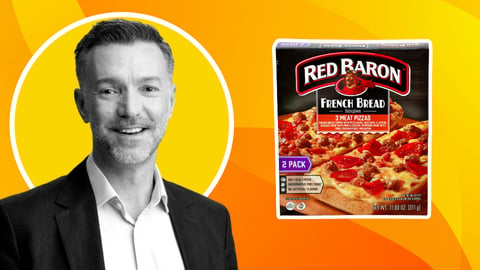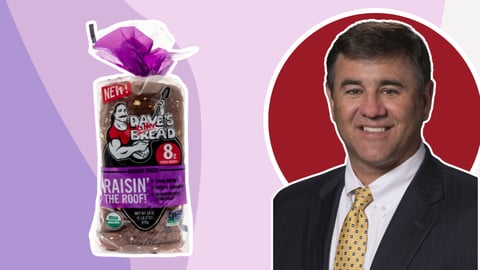Ralph Lauren Leans on AI, Predictive Buying to Offset Tariff Risks
Global trade dynamics continue to shift and intensify, prompting consumer goods companies to rethink their supply chain strategies. As a result, Ralph Lauren is turning to artificial intelligence and predictive buying to better navigate uncertainty and adapt to changing consumer behaviors.
Ralph Lauren CFO Justin Picicci on Tariff Impact
“While tariffs will primarily impact our gross margins beginning in the second half of the year, we have a proven toolkit to manage cost inflation headwinds. This includes significant supply chain diversification. We work with our many key suppliers worldwide to flex volumes based on quality and cost. No single country accounts for more than 20% of our production volumes, with most countries representing a single-digit percentage, including our China production for the U.S.”
Patrice Louvet, president and CEO of Ralph Lauren, said during a recent earnings conversation that this is a time to stay on offense while remaining prudent and agile in how it allocates its resources.
As part of this, the company is pursuing ways to strengthen its business long-term, using “new technology, data, AI and analytics to better serve our consumers and drive greater efficiencies in the business,” Louvet said.
One of the company’s highlights over the past year has been the integration of predictive buying across 25% of its international direct-to-consumer (DTC) businesses, Louvet added. The company has already realized benefits from this technology through efficiencies in inventory management and better alignment of supply with consumer demand.
Picicci said that using AI and analytics will continue to enhance inventory planning — a key upgrade that will also support the company as it evaluates pricing strategies and aims to scale back discounting in North America amid evolving tariff pressures.
Also: Ralph Lauren hired a chief digital and technology officer
“While we have not seen a change in our underlying business trends from Q4 into Q1 to date, we believe it is prudent to take a more cautious view on the second half of the year based on a number of macro indicators, notably the impact of tariffs, weakening consumer confidence in the U.S., and increased risk of a broader consumer pullback and a more uncertain global operating environment in general,” said Picicci.
Building a Future-Proof System
Louvet said that despite macro pressures, the company is well-positioned as it has "fundamentally transformed our business and built a more agile organization over the past several years."
These transformations include a move to a new global ERP system to support a heavier focus on selling DTC, new integrated business planning tools and enhanced logistics automation.






